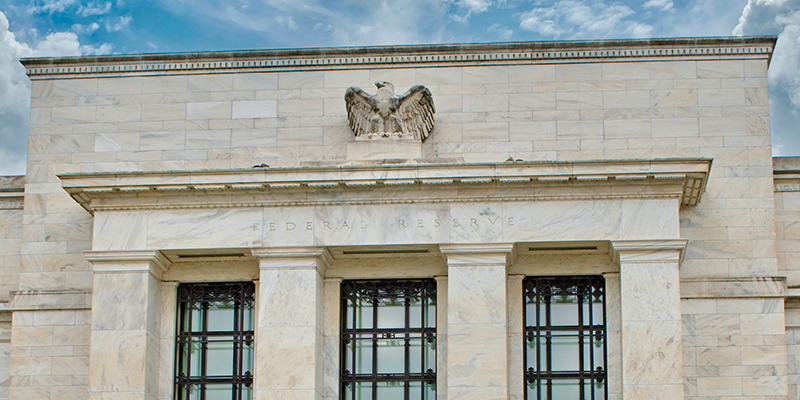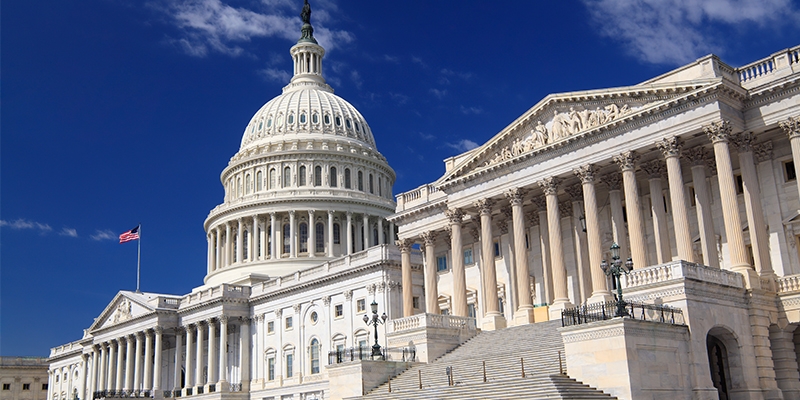On Sept. 10, in a speech given at the Brookings Institution of Washington, D.C., the Federal Reserve’s Vice Chair for Supervision Michael Barr announced that the central bank would be revising and re-proposing its bank-capital rules proposal commonly referred to as their Basel III Endgame Regulation. The regulation, first proposed in 2023, would have mandated a dramatic hike in the capital requirements on major banks, and garnered intense criticism from the private sector, including from NAIOP and its real estate allies, who raised concerns with the negative impact the new regulations would have on the availability of credit for commercial real estate. In a clear victory for NAIOP and real estate, Barr made clear in his speech that the Federal Reserve (Fed) would be scaling back the regulation.
Basel III is a reference to the Basel Accords, an international standardized approach to banking regulation focused on levels of bank capital and other requirements designed to enhance the safety and soundness of global financial institutions. The Basel Committee on Bank Supervision administers the accords, and Basel III, which originated in response to the great financial crisis of 2007-2008, is the third phase of Basel. The “Basel III Endgame Regulation” is the term used to refer to the final regulation of that phase. In July 2023, the Fed, along with the Federal Deposit Insurance Corporation and the Office of the Comptroller of the Currency, jointly proposed the Basel III Endgame regulations for public comment, with the intent of issuing these in final form by mid-year 2024.
The proposed rule essentially would have required major banks with more than $100 billion in assets to increase their highest-grade capital by an average of 16% across the board, with the larger banks required to hold 19% more. While the regulation was ostensibly meant to increase the safety of the international financial system by reducing the risk of bank insolvency, many feared such a dramatic increase in capital reserves would have severe, negative repercussions for the U.S. economy. Increasing the capital a bank is required to keep in reserve relative to the loans it can make not only lowers their profitability, but also reduces the amount of credit these banks can provide to businesses.
This was of particular concern for commercial real estate, which was already suffering from tightening credit conditions. Banks hold nearly half of the $6 trillion in commercial real estate loans, and commercial real estate is the largest loan category for almost half of all U.S. banks. Over $1 trillion of this debt would have to be refinanced or paid off in 2024 and 2025. NAIOP made the availability of capital and credit a top public policy priority in 2024, and a centerpiece of discussions with members of congress with oversight responsibility over the Fed and financial regulators.
NAIOP and its real estate allies, the banking industry, and the larger business community worked to educate the public as well as policymakers at the Fed, the executive and legislative branches, on concerns with the Fed’s Basel III endgame regulation. As a result, the Fed delayed finalizing the regulation, with Fed Chairman Jerome Powell earlier in the year signaling a desire to ensure that public concerns were addressed.
The public comments had an impact. According to Barr’s comments last week, the new re-proposed regulation would require a maximum capital increase of 9%, instead of the nearly 20% in the prior version, for the very large banks with assets of over $100 billion (termed “globally systemically important banks”, or “GSIBs”), with non-GSIBs effectively having to increase their capital requirements by much less. Importantly for real estate, the revised proposal would decrease the requirements on banks involved in mortgage lending.
Since the Great Financial Crisis, banks have increased their capital reserves and have passed the stress tests periodically required by federal regulators. Whether any increase in bank capital was actually needed, therefore, remains debatable for many who questioned the Fed’s original Basel III endgame regulation. Nevertheless, the soon to be reproposed rule promises to be a much more palatable and more reasonable alternative that balances the need to maintain the safety and soundness of our financial institutions with the economic necessity of ensuring adequate credit availability.
While no specific date has been given for release of the revised regulation, Barr indicated that the Fed was looking to move quickly. NAIOP will continue to advocate for banking regulations that recognize the importance of ensuring adequate capital availability to meet the financing needs of its members and the broader commercial real estate industry.








